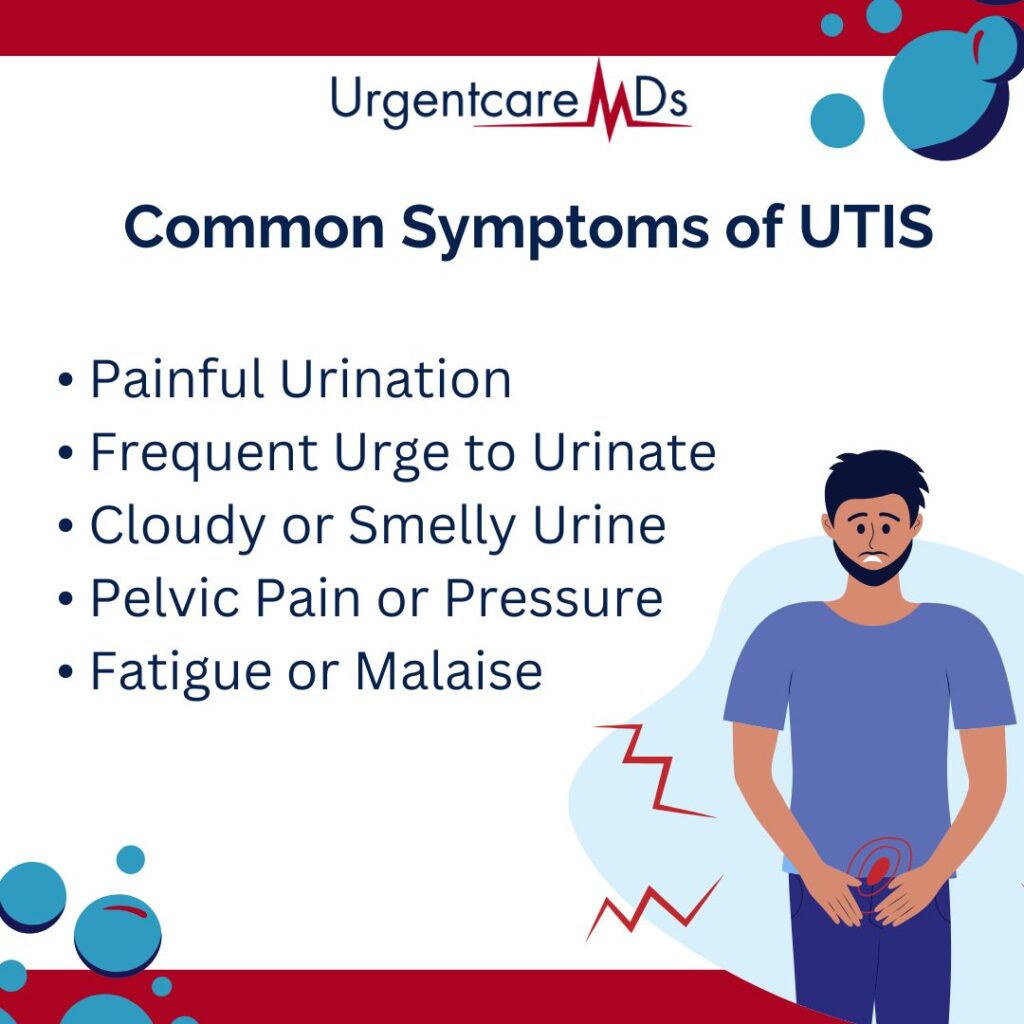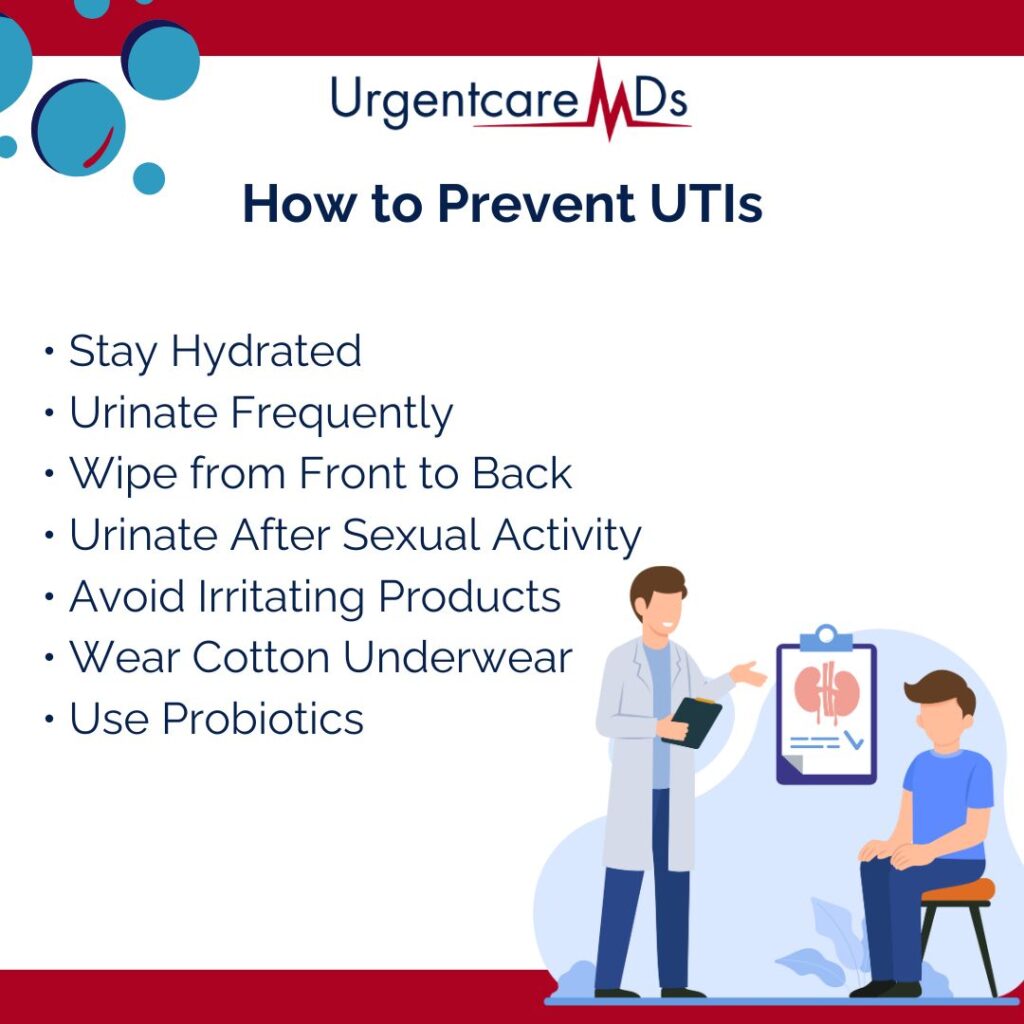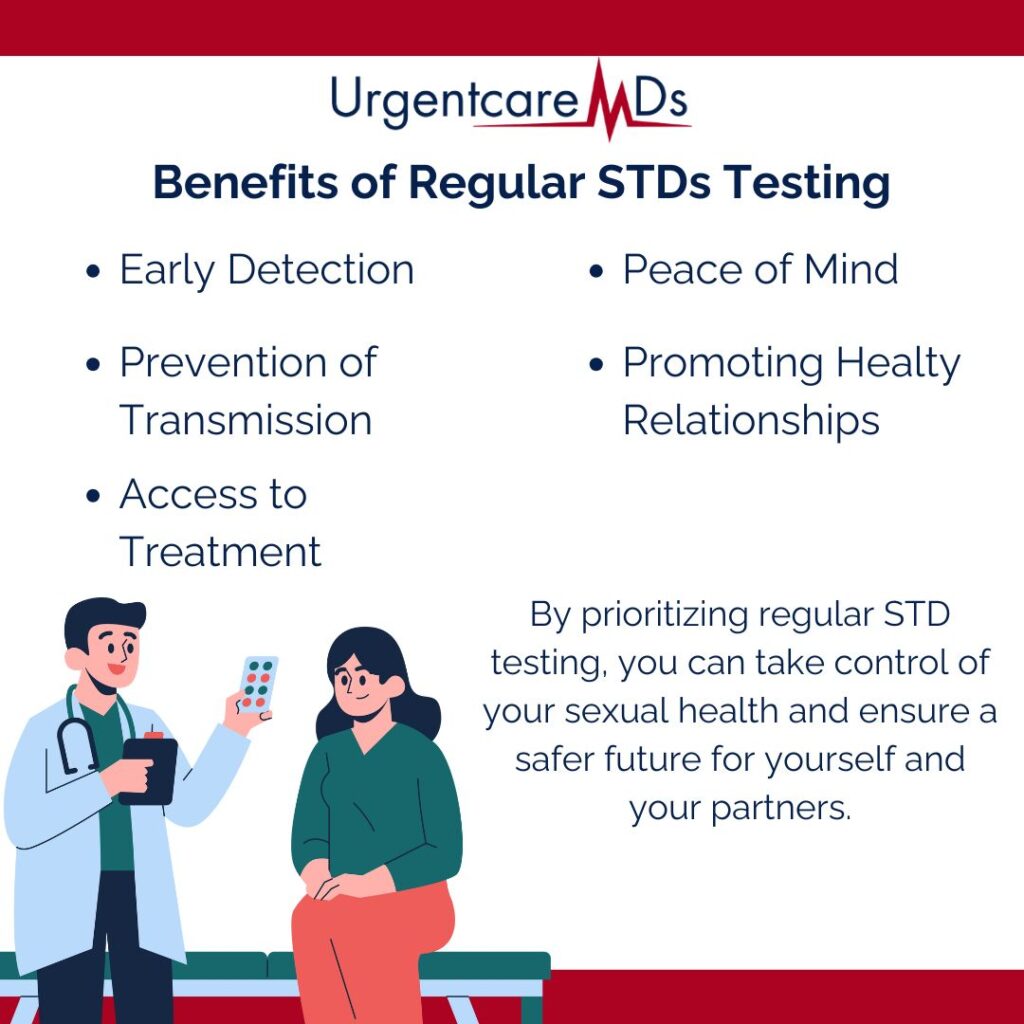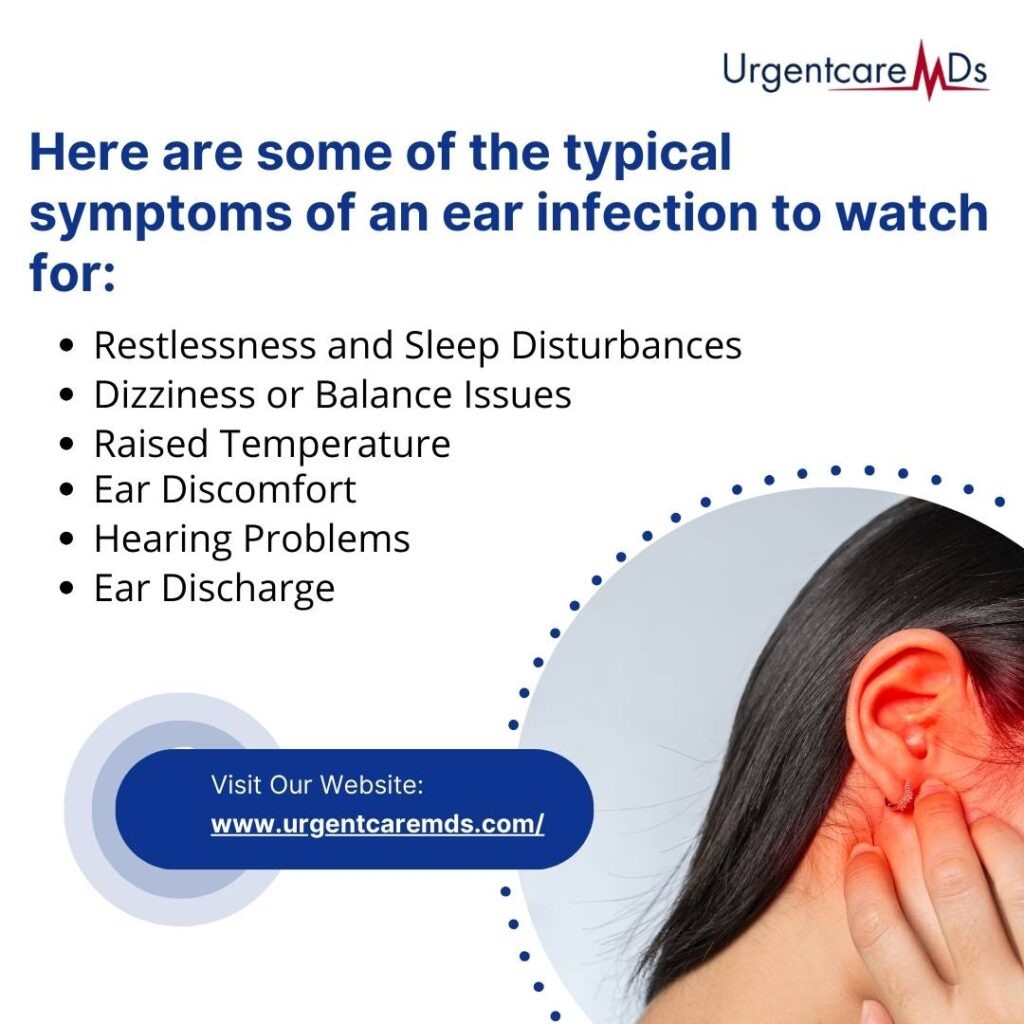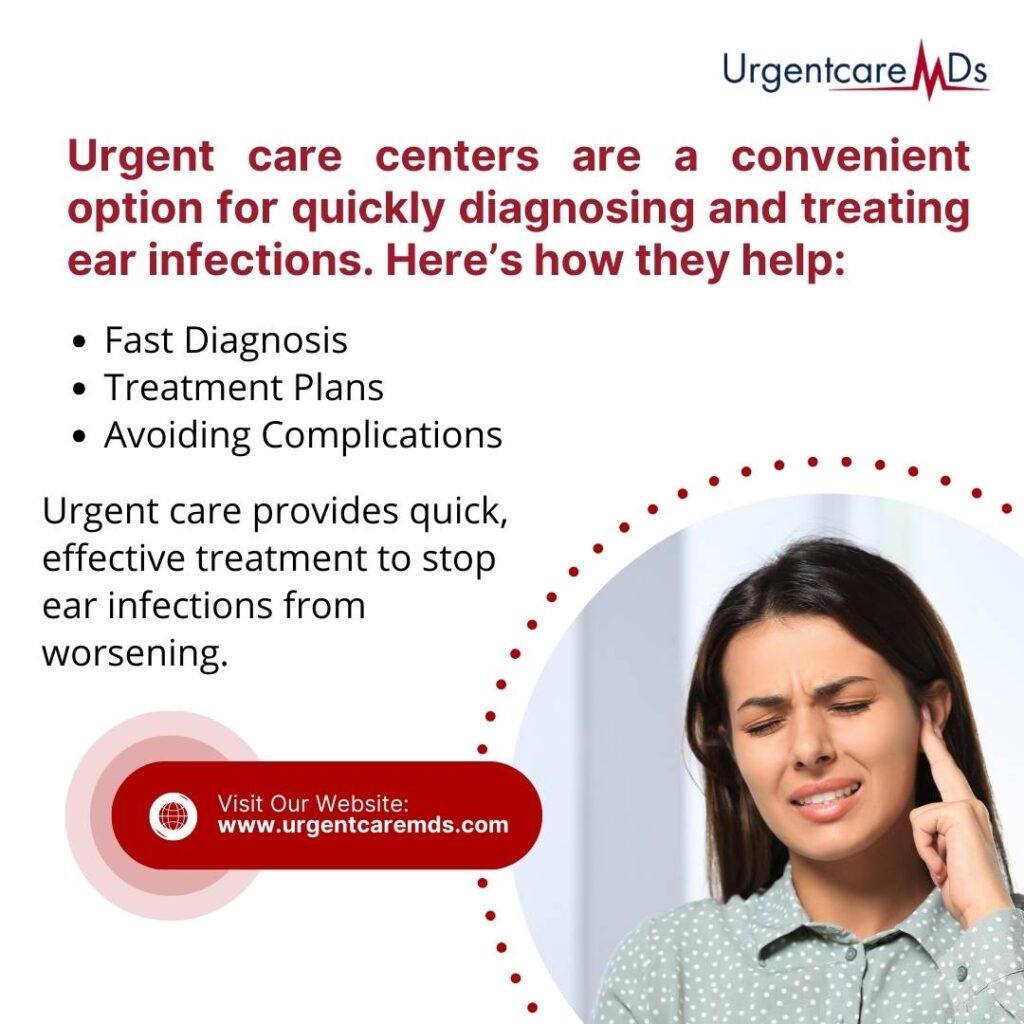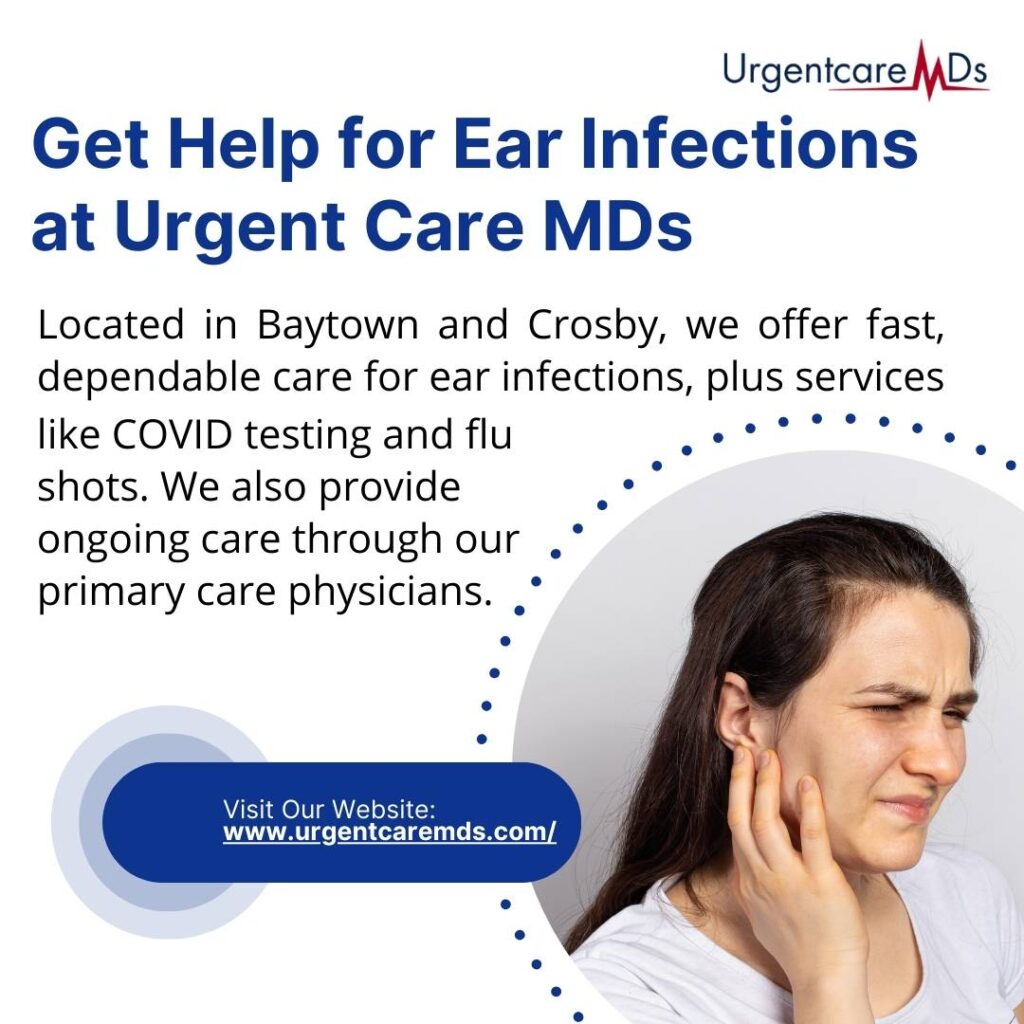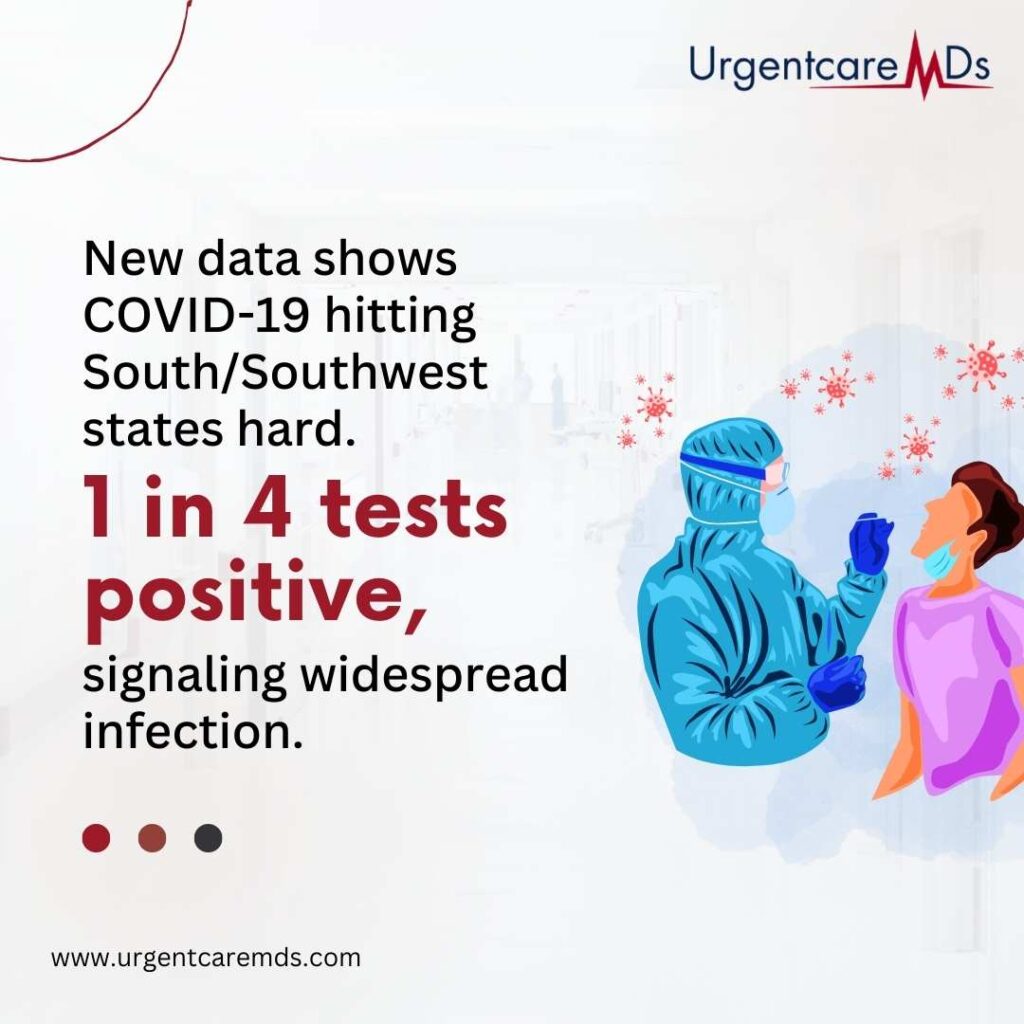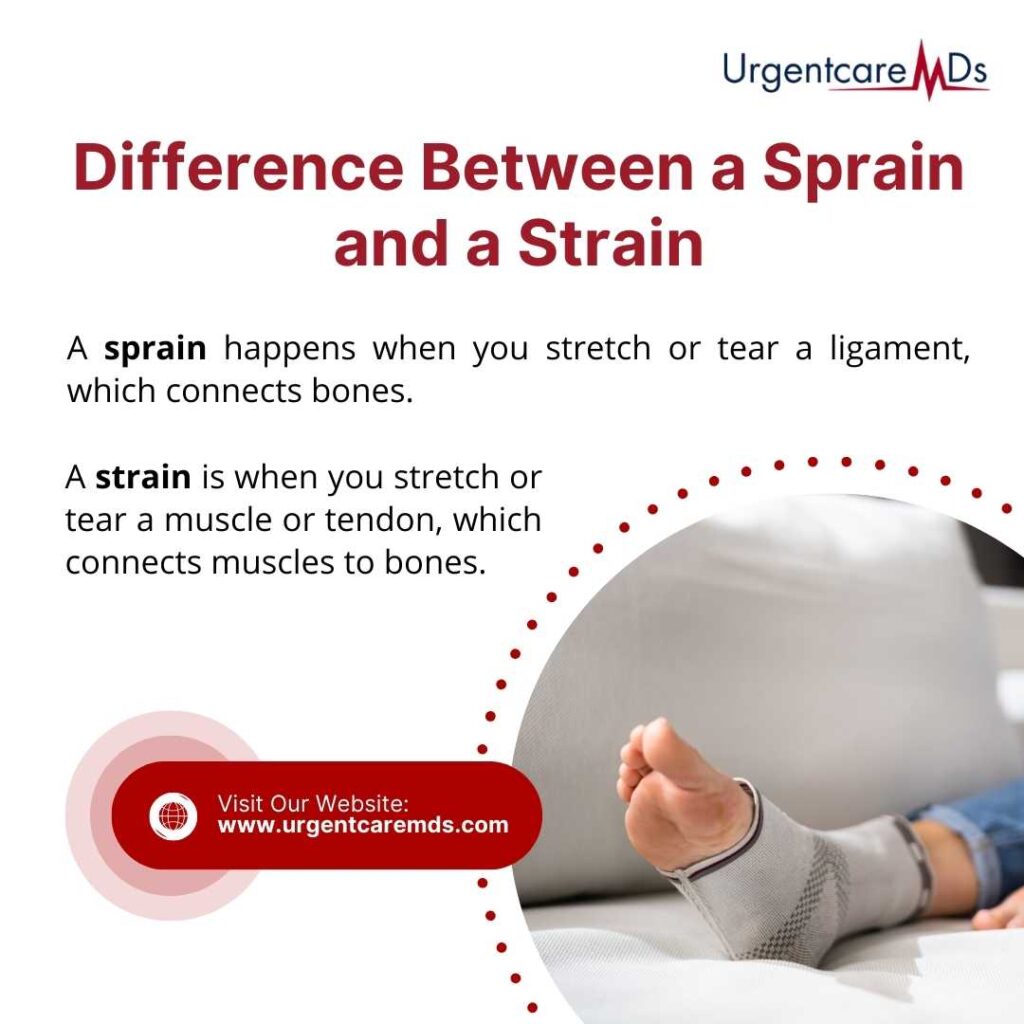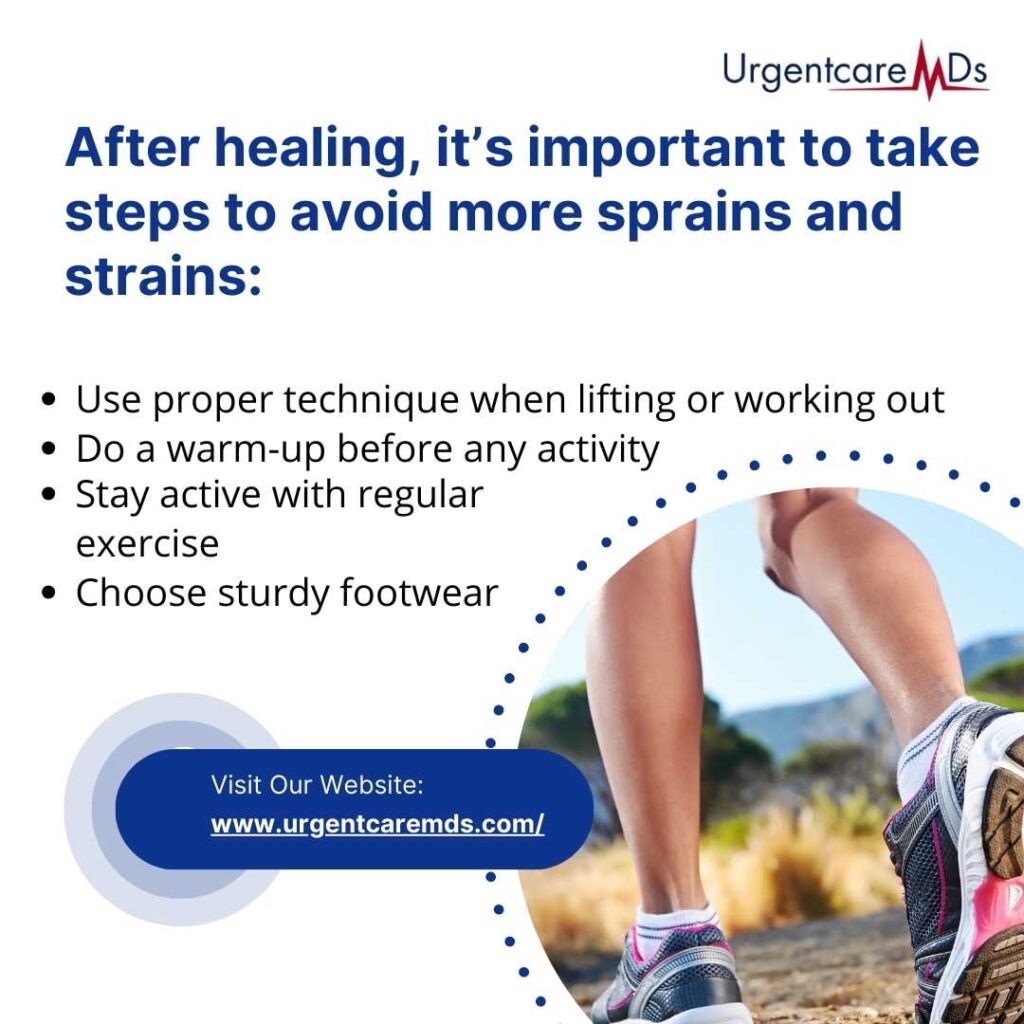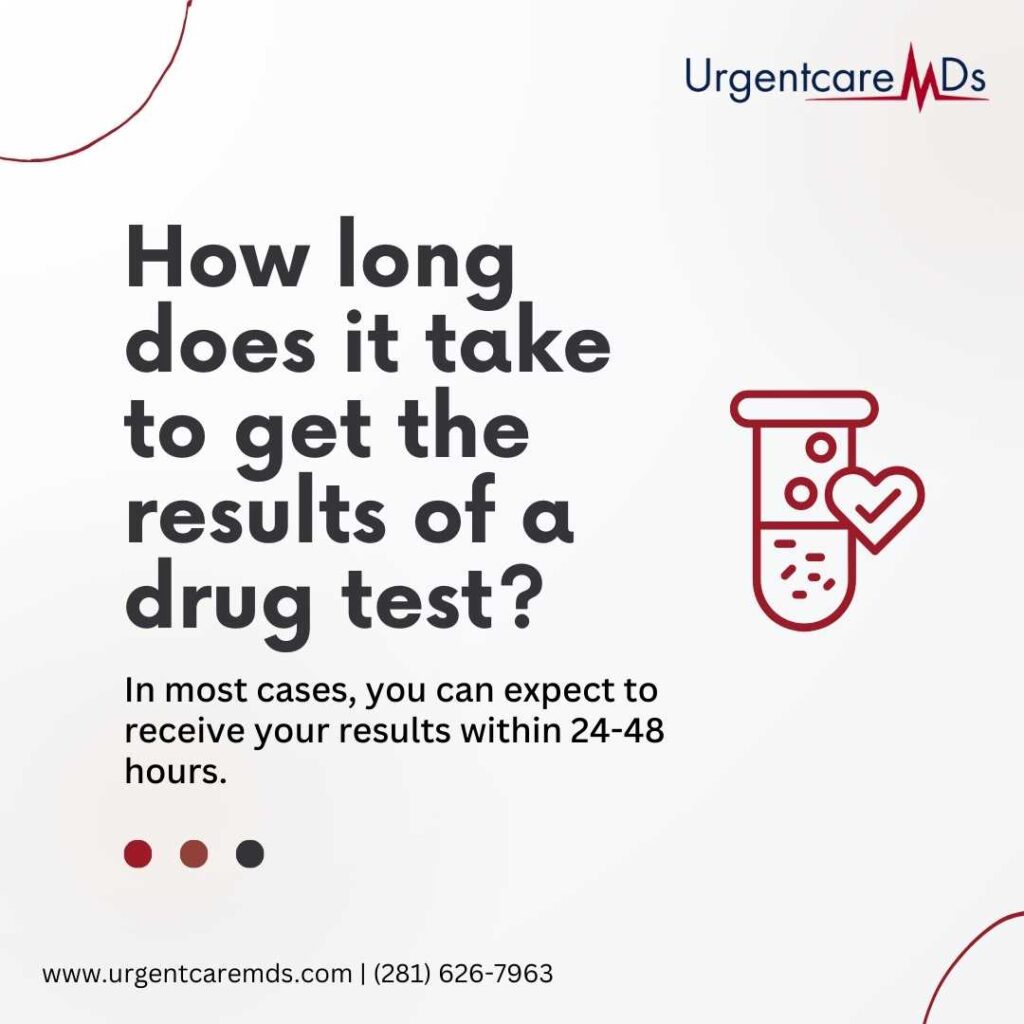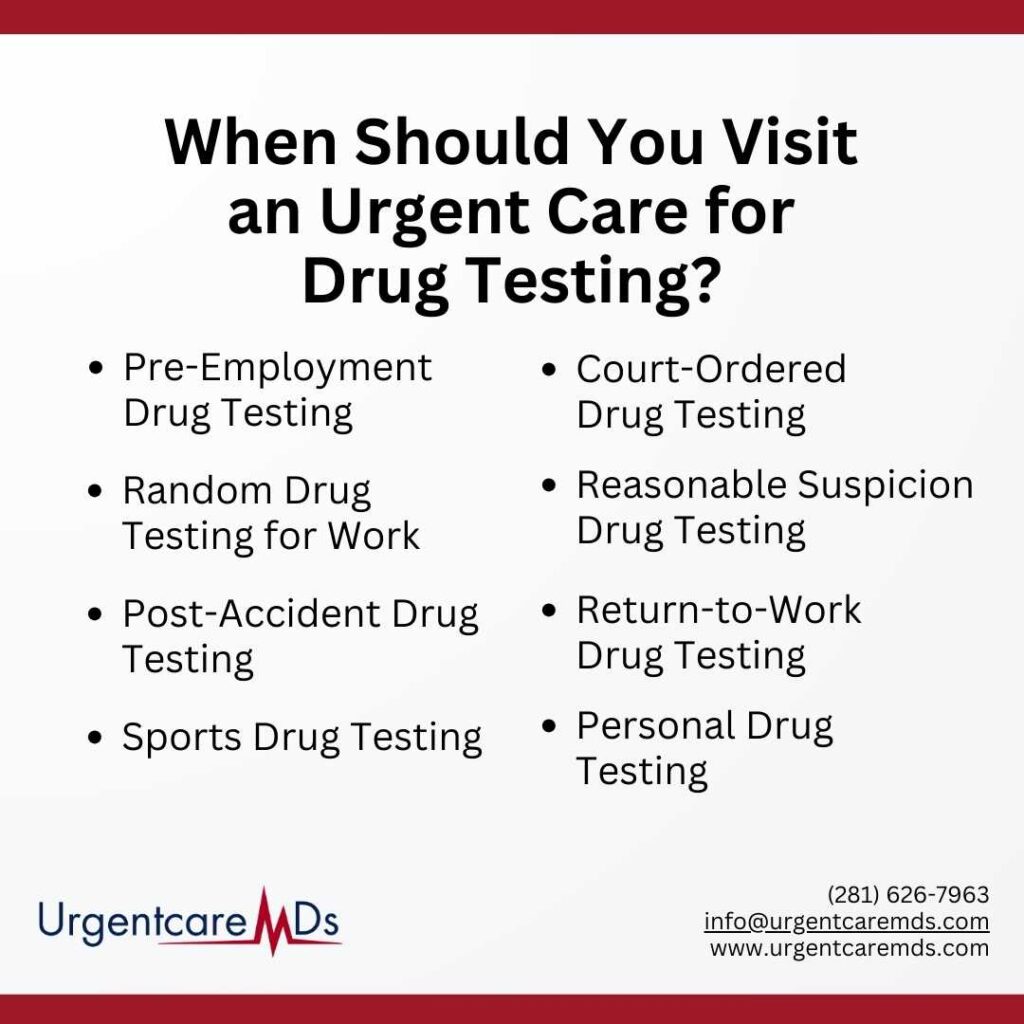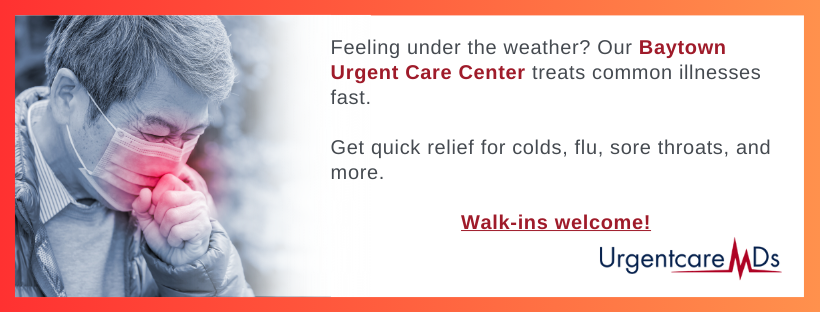UTIs Explained: Signs, Prevention, and When to Head to Urgent Care
Urinary tract infections (UTIs) are one of the most common health concerns affecting millions of people each year. These infections can be incredibly uncomfortable, causing symptoms such as frequent urination, pain, and discomfort.
However, not all UTIs present obvious symptoms, and some can even be asymptomatic, meaning they don’t show any clear signs but still carry significant health risks. Left untreated, a UTI can lead to more severe complications like kidney infections or even sepsis, making early detection and treatment crucial. Because of these risks, it’s essential for everyone to understand the potential dangers of UTIs and the importance of seeking prompt treatment.
Whether you’re familiar with the symptoms or not, it’s vital to stay informed and take steps to protect your health. Keep reading to learn more about the most common symptoms of UTIs, practical prevention tips, and how to recognize when it’s time to seek medical attention.
Common Symptoms of UTIs
The symptoms of UTIs can range from mild to severe, and it’s important to recognize them early to prevent the infection from spreading. Some of the most common symptoms of a UTI include:
Painful Urination (Dysuria):
A burning sensation or discomfort when urinating is one of the most common signs of a UTI.
Frequent Urge to Urinate:
Even after going to the bathroom, you may feel the urge to urinate again, often with only small amounts of urine.
Cloudy or Foul-Smelling Urine:
The urine may appear cloudy, have a strong odor, or even contain blood, indicating a UTI.
Pelvic Pain or Pressure:
Women may experience pain in the lower abdomen or pelvis, which can be an indication that the infection has affected the bladder.
Fatigue or Malaise:
In some cases, UTIs can cause feelings of tiredness or general unwellness.
If you experience any of these symptoms, it’s important not to ignore them. A UTI that is left untreated can lead to more serious complications, including kidney infections.
The Risks of Untreated UTIs
If left untreated, UTIs can lead to serious health complications that affect not only the urinary system but also other parts of the body. The most common risk is a kidney infection, which occurs when bacteria spread from the bladder to the kidneys. Kidney infections can cause severe pain, fever, nausea, and vomiting, and may lead to permanent kidney damage if not treated promptly.
Additionally, untreated UTIs can increase the risk of developing sepsis, a life-threatening infection that spreads throughout the body, causing systemic inflammation, organ failure, and even death.
For pregnant women, untreated UTIs can lead to complications like preterm labor, low birth weight, or infection of the amniotic fluid.
It’s also important to note that recurrent UTIs can result in chronic bladder infections, making future treatment more challenging and requiring more intensive care. Seeking medical treatment early is crucial in preventing these serious outcomes and ensuring a quicker, easier recovery.
Risk Factors for UTIs
While anyone can develop a UTI, certain factors can increase the possibility of getting one. These risk factors include:
- Being Female:
Women have a shorter urethra, which makes it easier for bacteria to enter the urinary tract.
- Sexual Activity:
Sexual intercourse can introduce bacteria into the urethra, increasing the risk of developing a UTI.
- Certain Medical Conditions:
Conditions such as diabetes, kidney stones, or a weakened immune system can make individuals more prone to UTIs.
- Pregnancy:
Pregnant women are at an increased risk due to hormonal changes and changes in the urinary tract.
- Use of Certain Birth Control Methods:
Diaphragms or spermicides may increase the risk of UTIs.
- Poor Hygiene or Infrequent Urination:
Inadequate personal hygiene or not urinating frequently enough can also contribute to the development of UTIs.
Prevention Tips for UTIs
Preventing UTIs is often possible with simple lifestyle changes and good habits. Here are some tips to help reduce your risk:
- Stay Hydrated:
Drinking plenty of water helps flush bacteria from your urinary tract and prevents the buildup of harmful microorganisms.
- Urinate Frequently:
Don’t hold in urine for long periods. Urinating regularly helps clear bacteria from the bladder.
- Wipe from Front to Back:
After using the bathroom, always wipe from front to back to prevent bacteria from the rectal area from spreading to the urethra.
- Urinate After Sexual Activity:
This helps flush out any bacteria that may have entered the urethra during intercourse.
- Avoid Irritating Products:
Avoid using scented soaps, bubble baths, or other products that can irritate the urinary tract.
- Wear Cotton Underwear:
Breathable fabrics help reduce moisture and bacteria buildup in the genital area, which can contribute to infections.
- Probiotics:
Some studies suggest that probiotics may help maintain a healthy balance of bacteria in the urinary tract and reduce the risk of UTIs.
When to Seek Urgent Care for UTIs
If you suspect that you have a UTI, it’s important to seek medical attention promptly to avoid complications. Remember that in some cases, UTIs can spread to the kidneys, leading to more severe symptoms and requiring more intensive treatment. You should seek urgent care if:
You experience a fever: A fever may indicate that the infection has spread to your kidneys, which requires more immediate attention.
You have blood in your urine: This could indicate a more severe infection, such as a kidney infection, that requires medical intervention.
The symptoms persist or worsen: If your symptoms don’t improve or become more severe despite using over-the-counter treatments, it’s time to visit a healthcare professional.
You’re pregnant: Pregnant women should seek medical care right away if they suspect a UTI, as untreated infections can pose risks to both mother and baby.
You have pre-existing health conditions: If you have diabetes, kidney disease, or any condition that weakens your immune system, you may be at greater risk for complications from a UTI.
If you’re in Baytown or Crosby, urgent care is an excellent option for diagnosing and treating UTIs quickly. With accessible healthcare professionals and a range of services available, you can get the care you need without long wait times.
Urgent Care Meds: Your Trusted Partner in UTI Treatment
If you’re experiencing UTI symptoms or need a quick diagnosis, Urgent Care Meds is here for you. With our experienced team, comprehensive treatment, and convenient locations, we provide fast, effective care when you need it the most. Our dedicated healthcare professionals specialize in UTI treatment and prevention, ensuring you get the care you deserve without the wait.
In addition to UTI testing and prevention, we offer a wide range of services, including COVID testing and flu shots in Baytown or Crosby, so you can receive comprehensive care in one convenient location. Visit one of our locations near you:
Are You Ready to Take Control of Your Health?
Don’t wait for symptoms to worsen. Take control of your health today and fight UTIs! Our experienced team is here to help you with UTIs and any other health concerns, ensuring that you feel your best as quickly as possible. Schedule an appointment today and receive top treatment from the best primary care physician in Baytown and Crosby, Texas. We’re here to support your health and well-being every step of the way.
***
The material contained on this site is for informational purposes only and DOES NOT CONSTITUTE THE PROVIDING OF MEDICAL ADVICE, and is not intended to be a substitute for independent professional medical judgment, advice, diagnosis, or treatment. Always seek the advice of your physician or other qualified healthcare providers with any questions or concerns you may have regarding your health.


